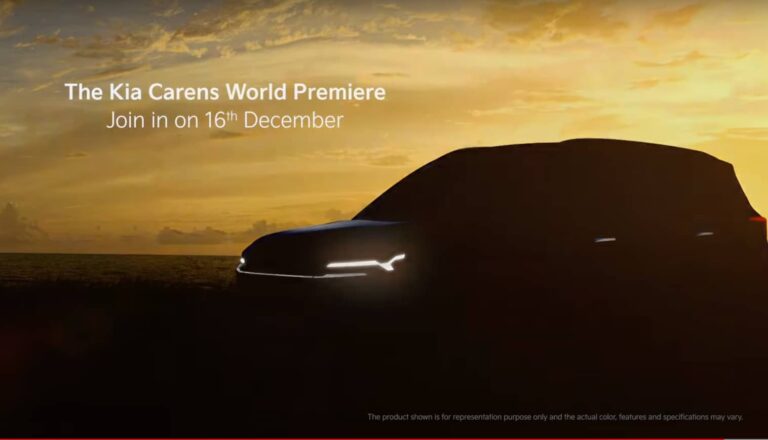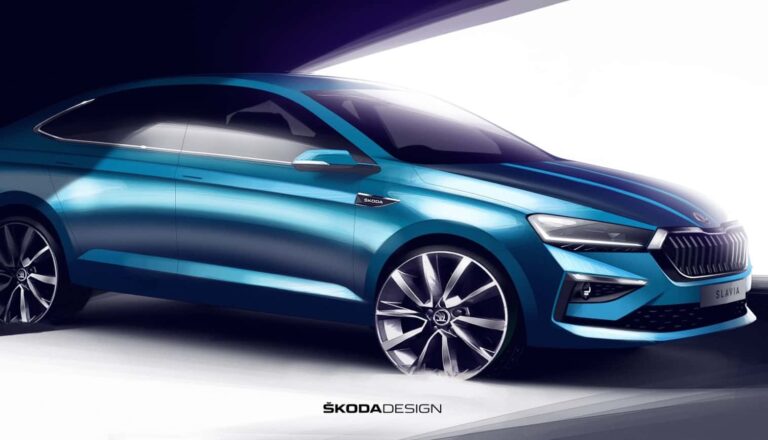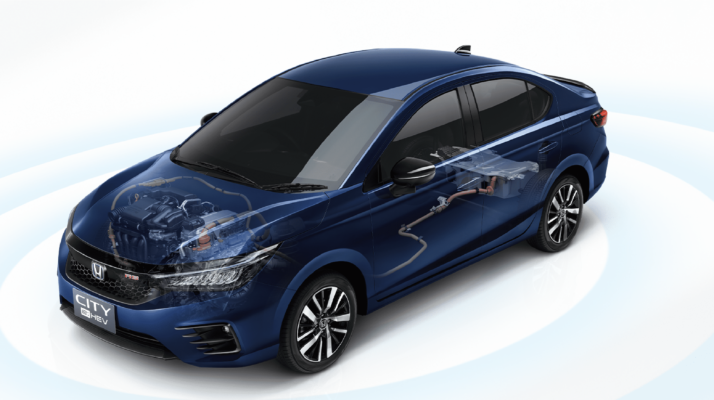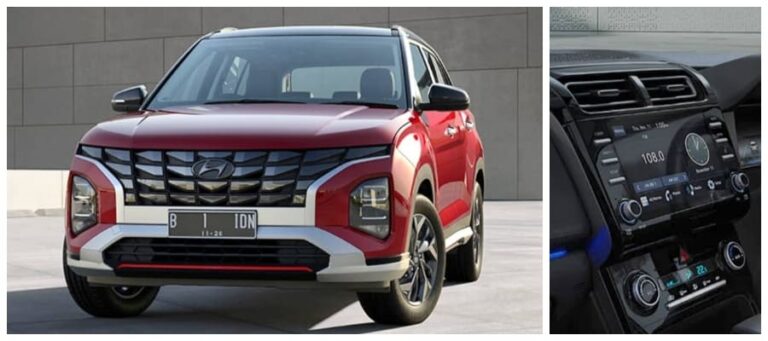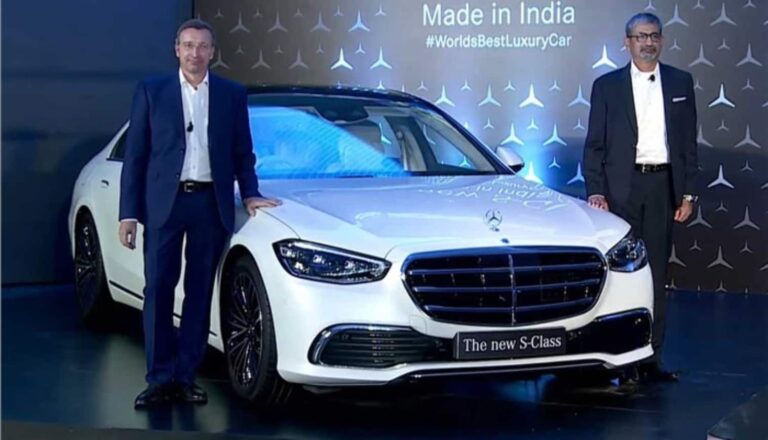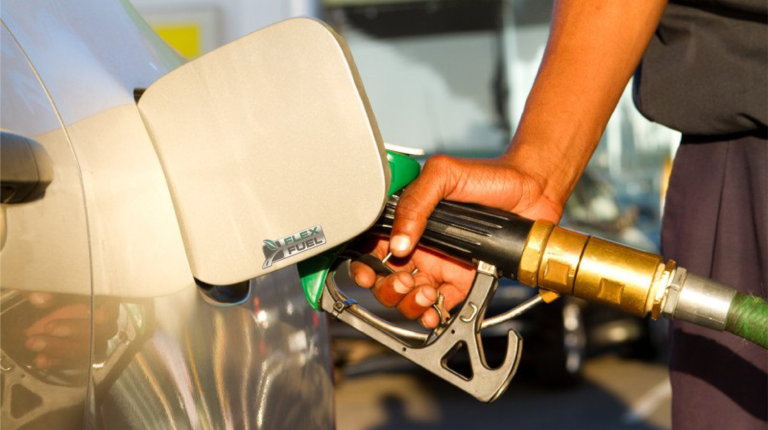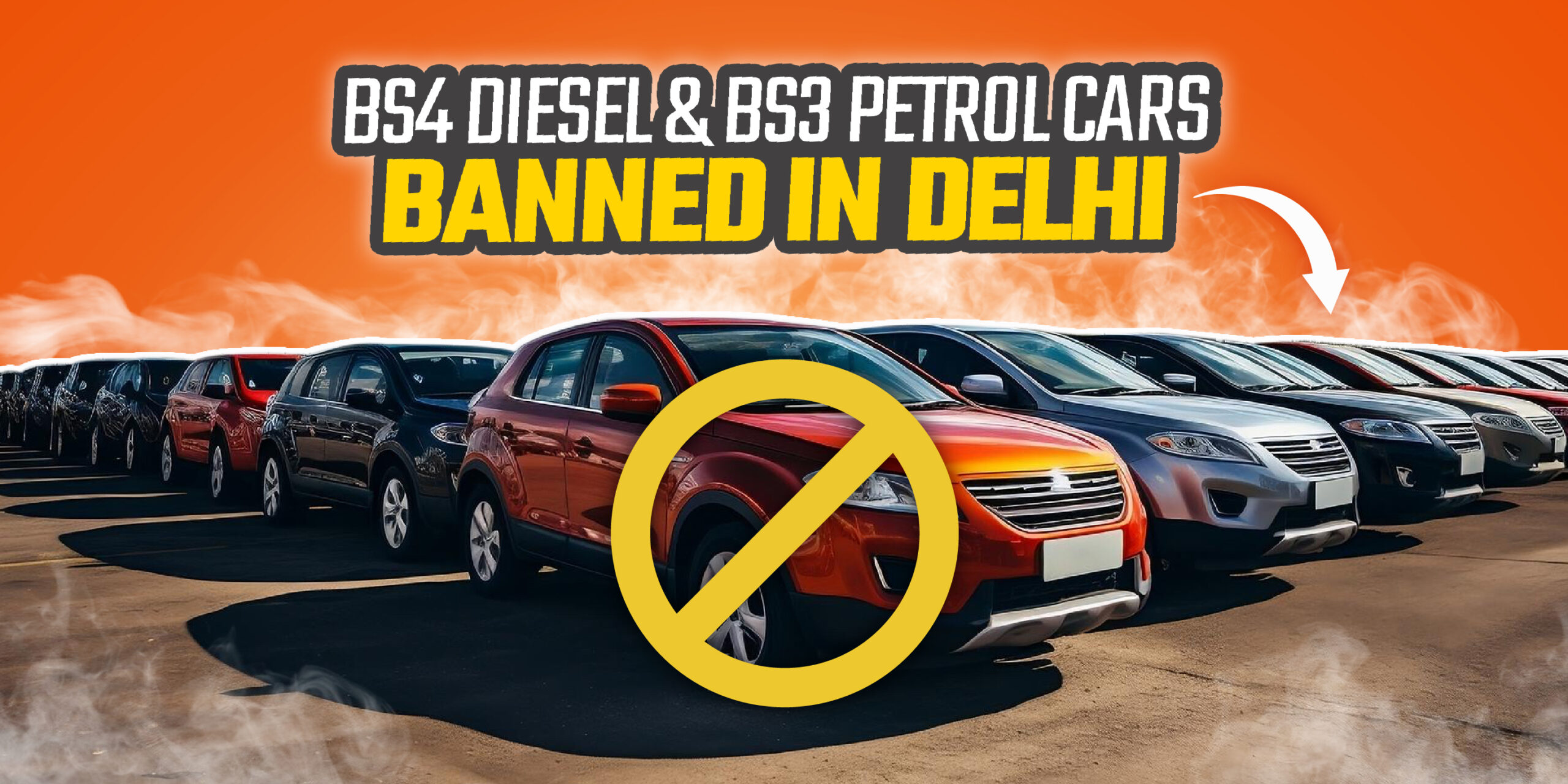
The authorities have had to take drastic measures due to the pollution in Delhi’s air. By outlawing BS3 gasoline and BS4 diesel cars in the National Capital Territory (NCT), the Transport Department has taken an unprecedented stand against older, more environmentally harmful automobiles. In order to address the concerning air pollution levels currently classified as “severe” on the Air Quality Index (AQI), the Graded Response Action Plan (GRAP) is in active Stage III. This decision is a part of that program.
Delhi’s Bold Move: Banning High-Emission Vehicles
The Motor Vehicle Act of 1988’s Section 194(1) imposes a severe penalty regime on violators of the ban, which carries a maximum fine of Rs 20,000. This firm stance demonstrates the government’s commitment to addressing vehicle emissions, one of the main causes of Delhi’s air pollution.
This new rule is one of many that the city has implemented to reduce the air pollution problem. Primary schools will be temporarily closed, and building and demolition work will cease due to the ban on BS4 diesel cars in Delhi, among other measures. As a result of these measures, only National Capital Region (NCR)-based electric vehicles (EVs), compressed natural gas (CNG) vehicles, and diesel buses that comply with BS-VI are permitted entry into the city.
Towards a Cleaner Future: Comprehensive Pollution Control Measures
In this crisis, Environment Minister Gopal Rai and Chief Minister Arvind Kejriwal of Delhi have adopted a proactive stance. They promote using public transportation more frequently, advising people to forgo driving their own cars, which add a great deal of pollution to the city, in favor of using buses and metro trains. In addition, they have urged the federal government and the states that border it to band together in the battle against pollution, highlighting the necessity of Delhi diesel cars ban that emit pollutants in the vicinity of the National Capital Region (NCR).
Although Delhi has always taken an aggressive anti-pollution stance, the situation has grown more serious as a result of the dangerously high pollution levels at the moment. Winter has brought with it pollution of the air; the city is shrouded in smog from burning stubble, industry, cars, and other sources. The unique weather patterns and geographical location of the capital exacerbate the problem of poor air quality, necessitating a comprehensive plan for a workable solution.
The ban’s implementation is an essential first step in lowering the quantity of pollutants that a sizable portion of the vehicles on Delhi’s roads emit. But as experts say, a sustained and systemic effort is required to achieve a meaningful and long-lasting improvement in air quality. Urban planning, waste management, and agricultural practices like burning stubble should all be prioritized in this endeavor.
The implementation of GRAP Stage III by the CAQM, in conjunction with the continuous actions taken under the first stages, emphasizes the need for a comprehensive strategy to address the city’s pollution issue. These actions signify the shift to a more sustainable way of living and acknowledge how crucial it is to preserve air quality for both ecological balance and public health.
Delhi is resolute in responding to this public health emergency, as evidenced by the stringent regulations and widespread mobilization. They act as a prompt for our common duty to promote a more hygienic and salubrious environment. An important step toward the goal of a greener, more sustainable urban life is being taken with the BS4 and BS3 petrol cars ban in Delhi, which goes beyond simple regulation. It’s a model city for cities everywhere, showing that air quality and public health can be improved with audacious actions and cooperative effort. Although there is still much work to be done, Delhi is starting down the path toward cleaner air and establishing a standard for environmental responsibility in metropolitan areas with these initiatives.
